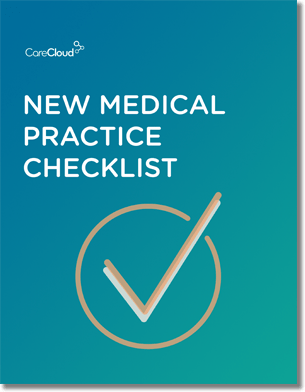We’ve heard it from government agencies and marketers alike – EHRs will usher in a sort of health IT utopia that will eliminate lost records, mistaken identities, extra work, and inefficient billing.
The current commercial EHR landscape, however, often reflects Thomas More’s satirical utopia more so than Plato’s Republic. Many vendors push faulty products written in MUMPS, subject to technical glitches, implementation errors, and often devastating system crashes.
The fascinating paradoxes related to EHRs have led numerous scholars to analyze these systems philosophically, providing a number of ethical, aesthetic, and meta-narrative approaches to interpreting how humans interact with these systems.
We will discuss each of these approaches over the span of four weeks, beginning with the ethics of privacy in EHRs today.
EHRs and Ethics
The number one ethical issue plaguing EHRs revolves around patient control. Ethically speaking, EHRs should grant patients some autonomy, considering 80% of Americans are concerned about EHR privacy.
There are various arguments for and against patient control. For instance, some physicians and other healthcare providers feel patients should have zero control over EHR content because it would change the nature of the medical practice.
Other approaches entail absolute patient control, which would allow patients with little to no medical training to review all records and select specific items they’d like to either unveil or hide, as well as aligning disclosures with patient instructions.
Case in point: a drug-addled patient may choose not to disclose sensitive information about the frequency of substance abuse, data that could be crucial to know before treating a severe health complication.
Mark Rothstein, JD, of the Institute for Bioethics, Health Policy, and Law at the University of Louisville School of Medicine outlines six requirements for a sound policy on patient privacy controls, claiming they should:
1. Have low costs.
2. Be clear to both patients and providers.
3. Not require undue effort in making decisions.
4. Not cause patients to avoid obtaining information.
5. Not impart surplus administrative burdens on providers.
6. Be careful to not disturb sound clinical care.
On an extended note, founder of Patient Privacy Rights Deborah Peel, MD believes nationwide implementation of EHRs will fail if patients aren’t allowed to restrict some EHR health data. She believes EHR interoperability frightens patients, making them less likely to discuss sexual and substance abuse history and other oft-stigmatized symptoms.

Do you know what you need when setting up a new medical practice?


